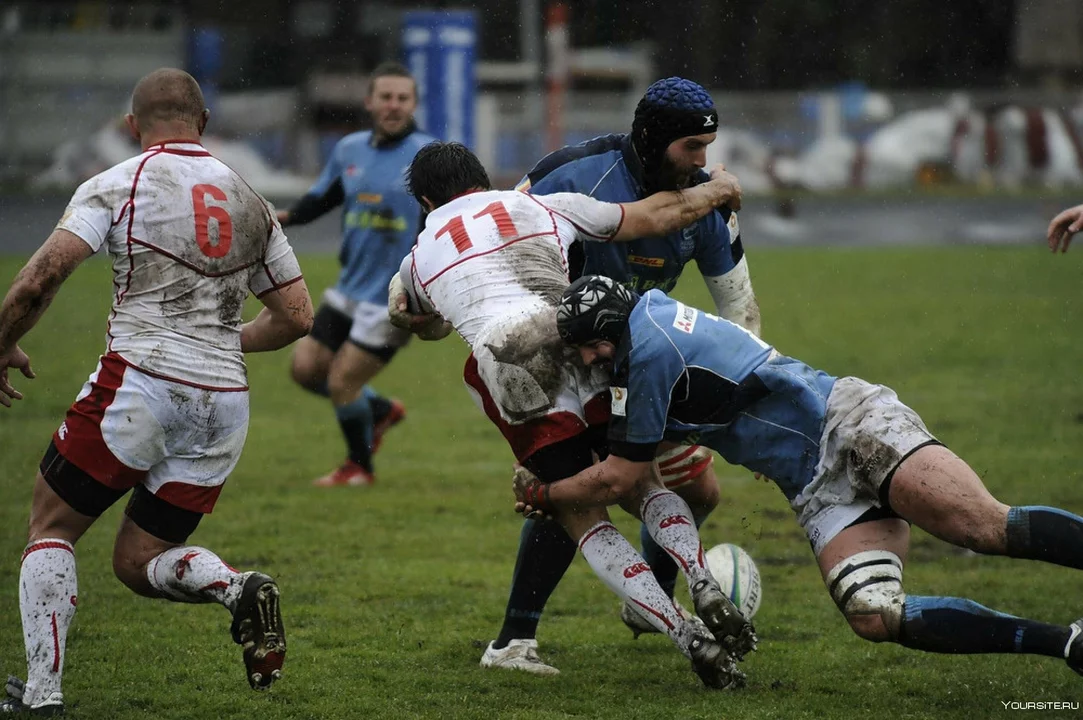As a rugby league fan, I've noticed that the sport often receives a lot of hate. I think one reason people may dislike rugby league is due to the perception that it can be overly violent and dangerous. Additionally, some individuals may feel that rugby league lacks the skill and finesse found in other sports. There's also the issue of negative stereotypes surrounding rugby league fans, which can contribute to the overall disdain for the sport. However, despite these challenges, I believe rugby league is an exciting and dynamic sport that deserves more appreciation.
Rugby League Hate: Why People Dislike the Sport
If you’ve ever heard someone knock rugby league as “too violent” or “lacking skill,” you’re not alone. The sport gets a lot of flak, and many fans wonder where that hate comes from. In May 2023 we posted a deep‑dive that breaks down the most common complaints and shows why they miss the bigger picture.
First off, the idea that rugby league is just a bunch of hard hits is an oversimplification. Sure, the game is physical, but every tackle follows a set of rules designed to keep players safe. The sport also demands quick decision‑making, sharp footwork, and precise passing. Ignoring those elements reduces a fast‑paced, strategic game to a stereotype.
Common Reasons People Criticize Rugby League
One big reason people complain is the perception of danger. Headlines often highlight injuries, and that sticks in the public mind. In reality, league clubs invest heavily in medical staff, concussion protocols, and training that teaches players how to tackle safely. The risk exists, but so does the effort to manage it.
Another gripe is the belief that rugby league lacks finesse. Fans of other codes point to set‑pieces or line‑outs in union and think league’s simpler structure means less skill. What they overlook is the art of the “play‑the‑ball” and the timing of the “six‑tackle” set. Those moments require split‑second reads and creative running lines that can change a game in seconds.
Stereotypes about supporters add fuel to the fire. Some media portray league fans as aggressive or rowdy, which can turn a neutral observer into a critic. The truth is, most fans are passionate but respectful, cheering loudly for their team while sharing a love for community.
Finally, a lack of exposure plays a role. In regions where rugby union or football dominate, league gets fewer broadcast slots and less coverage. When you only see a handful of games, it’s easy to form an opinion based on limited information.
What Fans Say About the Negativity
Long‑time league supporters argue that the hate often stems from misunderstanding. They point to the sport’s rich history in northern England and parts of Scotland, where clubs serve as social hubs. For many, the game is as much about community gatherings as it is about the try line.
Fans also highlight the inclusive vibe inside club houses. Youth programs, charity events, and open training sessions invite anyone to get involved, breaking down the “hard‑core only” image. When you walk into a local club, you’ll see families, kids, and newcomers learning the basics alongside seasoned players.
Another perspective is the competitive nature of league itself. Because each set of six tackles ends with a turnover, teams must constantly adapt. That relentless back‑and‑forth creates excitement that many fans say you don’t get in other sports.
So, is rugby league really the villain it’s made out to be? Not really. Like any sport, it has its rough edges, but it also offers skill, strategy, and a strong community spirit. The next time you hear someone dismiss the game, think about the effort behind the tackles, the quick thinking on the field, and the fans who keep the sport alive.
Understanding where the hate comes from helps us talk about the sport more clearly. Whether you’re a seasoned fan or just curious, the key is to watch a game, talk to the people in the stands, and see for yourself why rugby league matters to so many.
